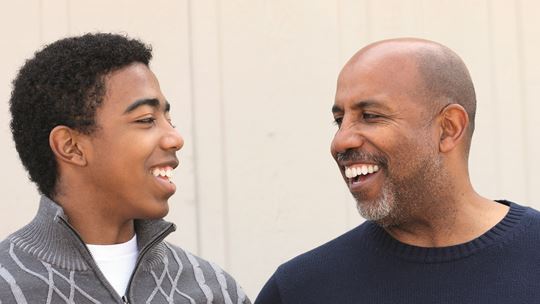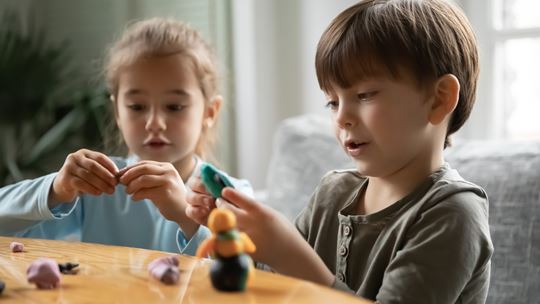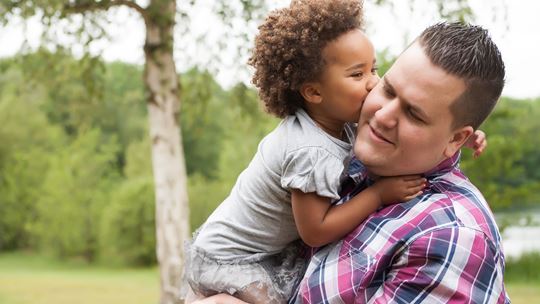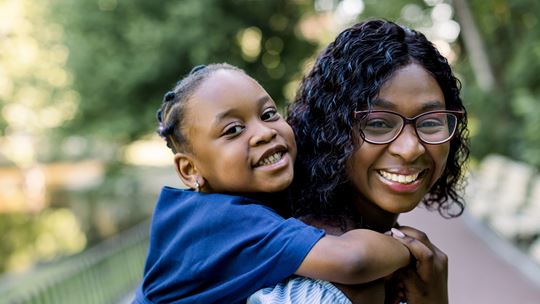Children need fostering for a huge amount of different reasons, and for differing periods of time. So there’s more than one type of fostering, and when you become a foster parent with ACS you’ll probably start by focussing on just a few of them.
Over time, and as you develop new skills and interests, you might wish to explore other types of placement and we’ll happily support you. One thing’s for sure – fostering offers a varied and rewarding experience.
Here are the main types of fostering at ACS, and each has its own unique challenges.
Will foster children have difficult behaviour?
Many of the children we care for have suffered trauma in their young lives due to abuse, neglect or witnessing domestic violence. Children can find it very difficult to regulate and express their emotions so instead this can come out in their behaviour. Children maybe angry and become aggressive, or can be just the opposite and be very withdrawn. Every young person is different and will behave differently. It's also worth noting that not every child presents with difficult behaviour and all of our foster parents experience these challenges differently too. What can be difficult to manage for one family will be much easier for another, which is why matching is so important to us. We provide all of our fostering families with training, to help them understand the reasons for certain types of behaviour and how to manage it. By far the most rewarding part of being a foster parent is seeing the changes a child or young person makes whilst in your care.
How does the matching process work?
We receive far more referrals for children from local authorities than we have fostering families with vacancies. In order to match a child to a family, we look at a number of things including location, age range and gender. We also look at the cultural needs of a child and a families own make up and experience. We request as much information from the local authority about the child they are looking to place, so we know as much about them as possible to ensure our foster parents can meet their needs.
Can I choose the kind of fostering placement I have?
Yes you can. When we receive a referral for a child which we think would be a good match to you and your family, we'll call you and discuss it. We'll give you all the information about a child that we have and offer advice, but the final decision about whether you'd like to be put forward to the local authority for that child is yours. Children need a stable, caring home environment where they feel wanted, that starts right away, with your ability to turn down a referral if it isn't right for you.
Speak to our team
Whether you’re ready to start your journey or just want to chat to an expert, we're here to talk.








